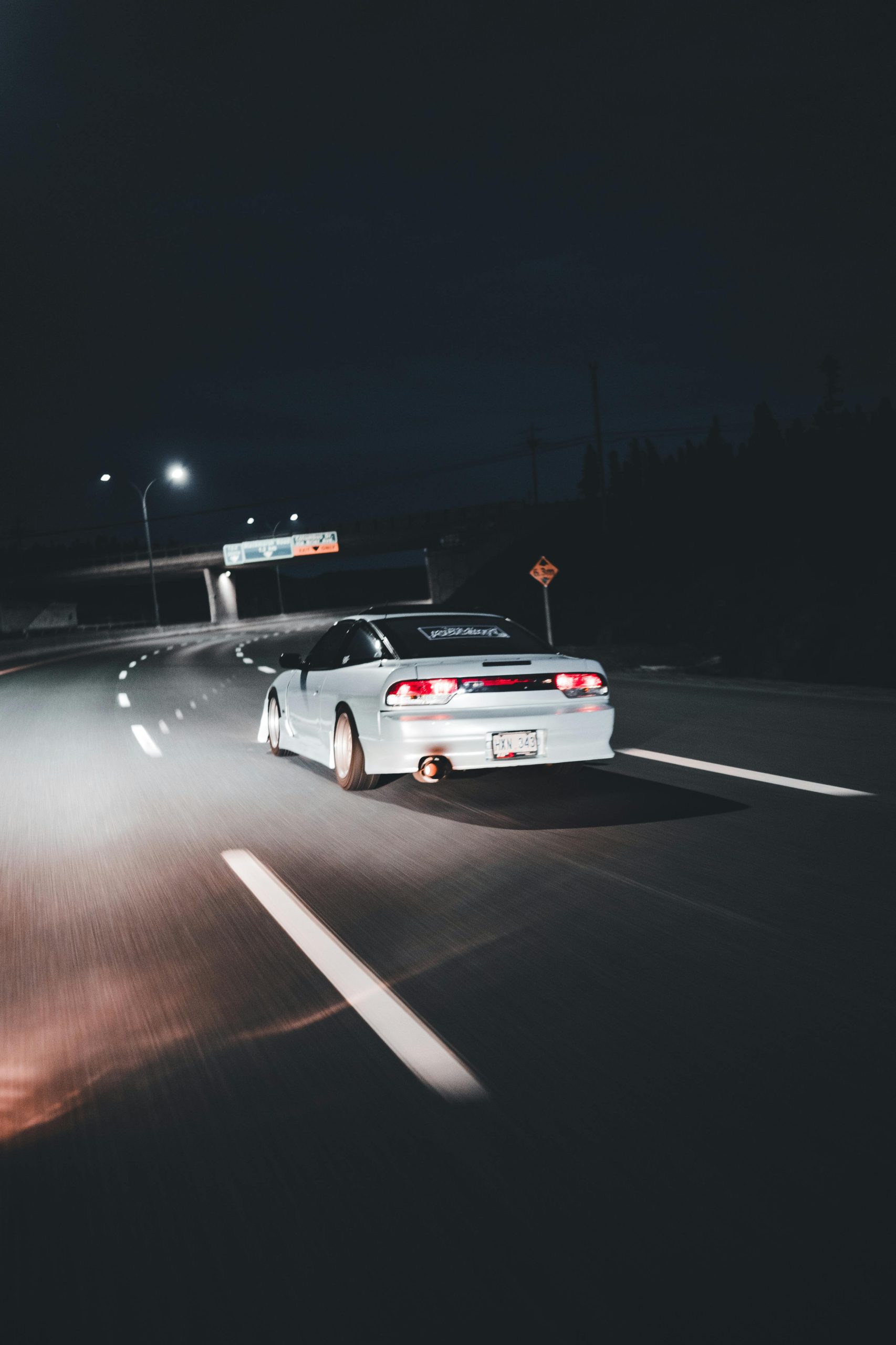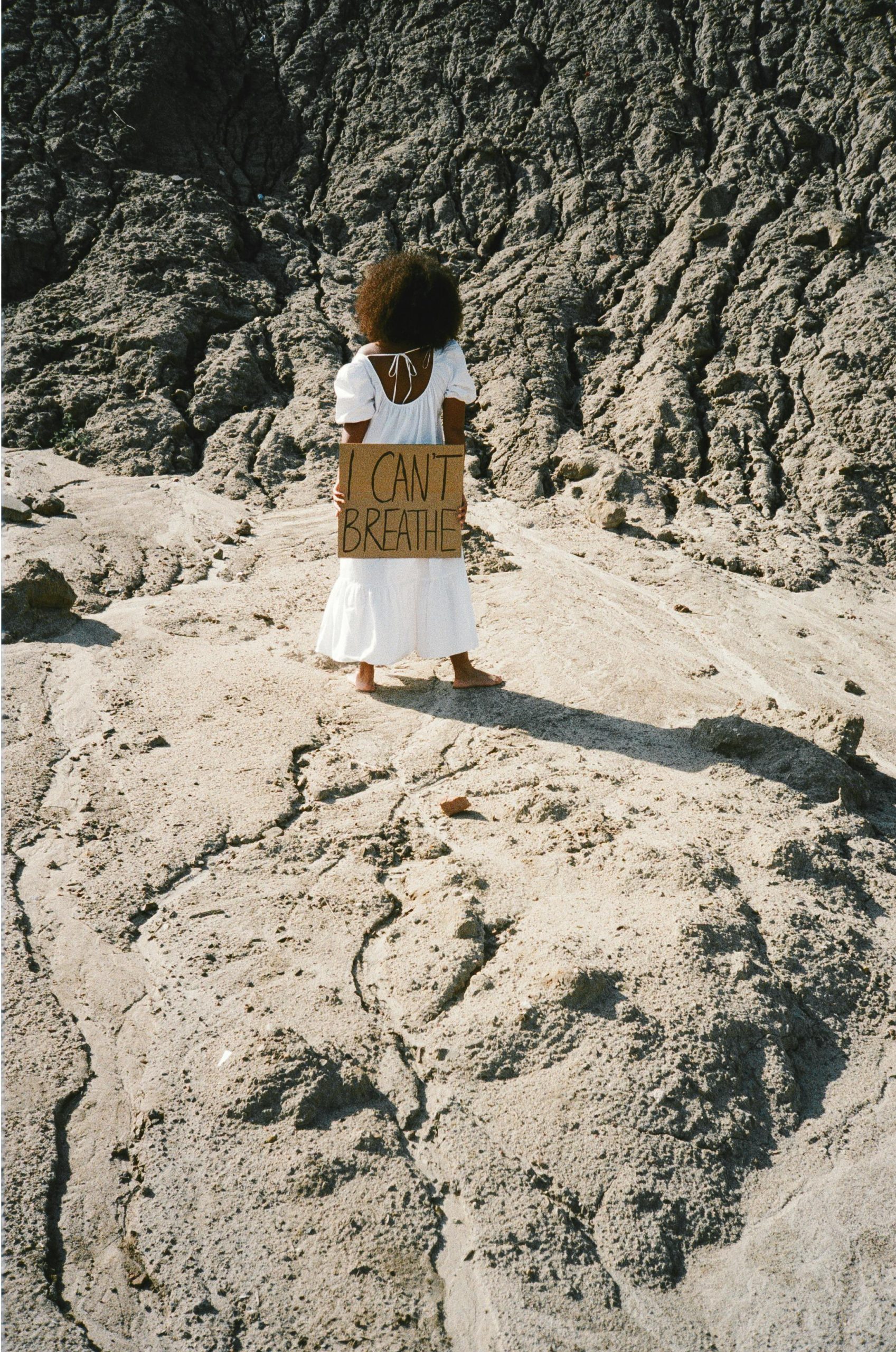Title: Navigating Vehicle Damage Claims: A Personal Perspective on Driveway Collisions and Insurance Options
Understanding how to handle vehicle accidents on private property can be challenging, especially when it involves multiple parties and insurance considerations. Recently, I experienced an unexpected incident in my own driveway that has prompted me to evaluate the best course of action when dealing with minor collisions between parked vehicles.
The Situation
I am a single individual, currently engaged and living with my fiancée and her son. My main vehicle, a 2017 Ford Expedition, was parked in the driveway when an incident occurred. Her 20-year-old son, driving his 1974 Ford F100 project truck—which is insured, registered, and legally on the road—was also parked nearby. After parking uphill from my vehicle, he exited his truck, which was securely out of gear at the time. However, upon closing the door, the truck unexpectedly rolled backward, striking the front corner of my Expedition.
The aftermath revealed noticeable damage: a flat tire, damaged bumper and associated components, headlight, and potential harm to aftermarket wheels, tires, lift kits, and possibly the A-arm. Fortunately, the son’s truck only sustained minor scratches.
Insurance Considerations
My Expedition is valued between $12,000 and $14,000, fully paid off. I carry broad collision coverage with a $1,000 deductible, meaning repairs would largely be covered beyond my deductible if I file a claim. Given the extent of the damage, I am contemplating whether it is worthwhile to pursue an insurance claim.
Location & Liability
We reside in Wayne County, Michigan—a Detroit suburb. The question arises: Is the driver at fault simply because he was outside the vehicle? Does this incident qualify as a homeowner or auto insurance matter? Or could it be classified as an act of nature or an unforeseen accident? These distinctions are important for determining liability and insurance pathways.
Financial Implications
From a long-term perspective, I am weighing which option might result in less financial strain. Our history includes a costly ice dam claim on our home five years ago, which makes me hesitant to increase homeowner insurance premiums. If we file through homeowners insurance, there is a risk of rate hikes; if we go through auto insurance, the claim could impact the driver’s driving record and insurance premiums—especially considering this is his third at-fault incident since age 16 and his second this year.
Resolution Strategies
While I could opt for repairs to ensure the vehicle is safe and road



